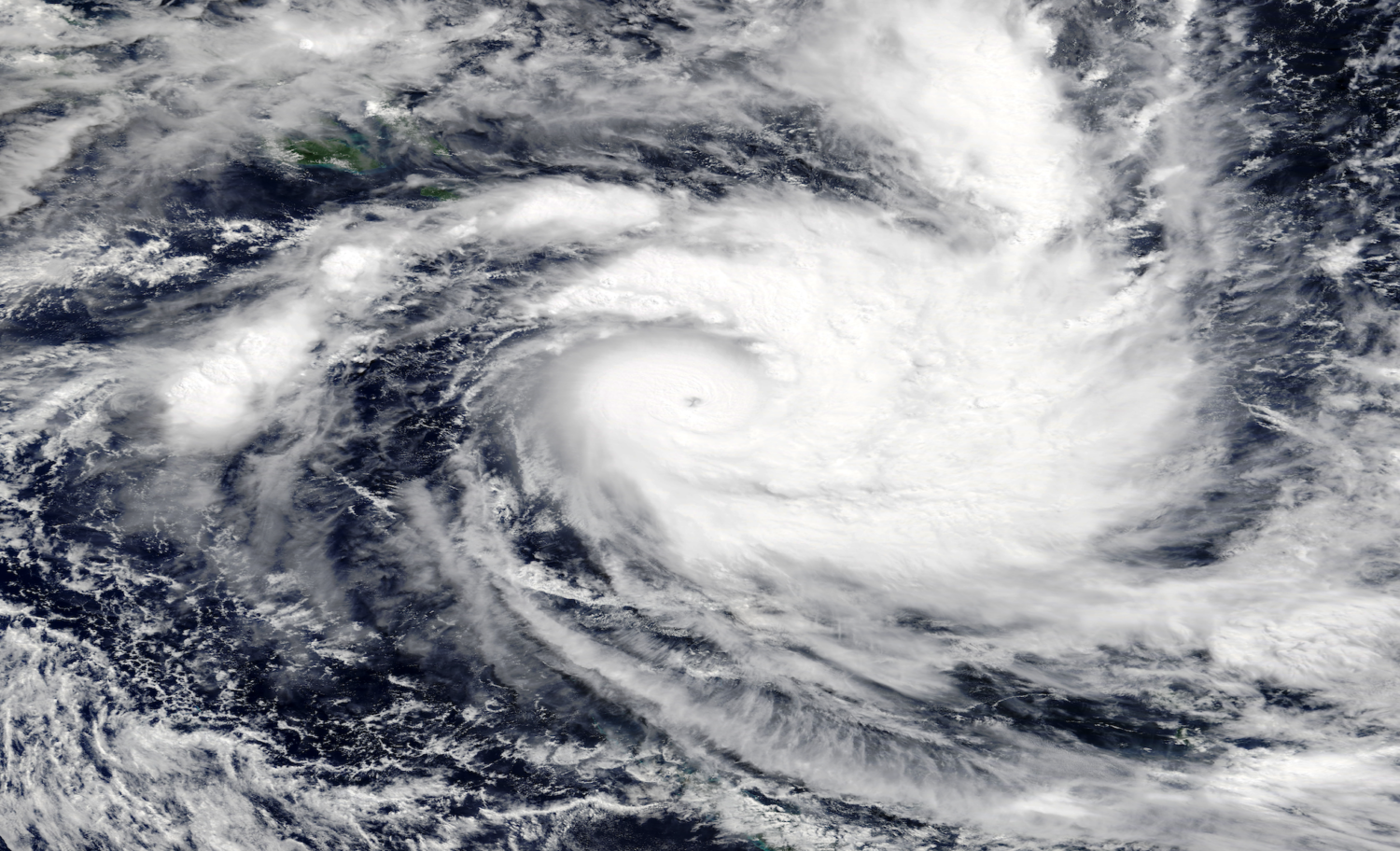Climate evacuees
On Refugee Week, we must turn our attention to climate-induced migration and climate refugees, writes Jake Clarke.
In the first week of April, the residents of Solomon Islands, Vanuatu, Fiji and Tonga were devastated by Cyclone Harold, a category five storm. Nearly half a million people have been affected and thousands made destitute, adding to already-building pressures for residents of the Pacific to migrate. Because of the pandemic, efforts of recovery have been disrupted. It is a stark reminder that although we may have stopped during the coronavirus pandemic, climate change – and the forced migration that comes with it – has not.
A climate-induced migrant is an individual who is forced to leave their home due to changes to their local environment. For instance, higher global temperatures can create water-shortages, which can lead to food shortages and civil unrest. People therefore flee in search of better livelihoods.
This is a particularly important moment to consider climate-induced migration. With the climate crisis continuing, the numbers of migrants and refugees are set to rise dramatically. On top of this, coronavirus has meant many of us are paying greater attention to the world’s most vulnerable – with a particular focus on displaced populations and refugees living in high population density camps where social distancing is impossible and the lack of basic sanitation means the virus can spread faster.
The International Organization for Migration (IOM) estimates that by 2050, there could be between 25 million to 1 billion people displaced for environmental reasons. The regions most at risk are sub-Saharan Africa, south Asia, east Asia and the Pacific, with vast numbers inevitably heading north, across the Mediterranean, towards Europe and Britain. Ultimately, human migration will be the most significant consequence of climate change.
At present, there is a gap in the international framework to recognise and protect climate refugees. The most significant international agreement protecting displaced populations is the United Nations 1951 Refugee Convention. However, the convention defines a refugee as an individual outside their country of nationality due to “well-founded fear of being persecuted for reasons of race, religion, nationality, membership of a particular social group or political opinion.” Those crossing borders as a result of environmental factors are not defined and thus not protected under the convention.
With climate-induced migration inevitable and a lack of legal protection, a global climate-refugee crisis will likely follow. To prepare, greater efforts need to be taken now by the UK government to assist countries set to be most affected by climate change.
According to Carbon Brief, the UK is the fifth largest cumulative CO2 emitter in the world. We therefore have a responsibility to do more than simply sign agreements and propose carbon budget targets.
This is not to say the UK are not doing anything to combat climate change. The government became the first major world economy to pass net zero emission laws, with the aim of eliminating greenhouse gas emission by 2050. Nonetheless, Greenpeace discovered that under the Conservatives over the last decade, the UK Export Finance, a small government agency, spent £6bn of taxpayers money in fossil fuels funding. Furthermore, the net zero emission target does not take into account the overseas carbon footprint which comes from international travel and imported goods. A study by the Office for National Statistics showed that the UK was the largest importer of CO2 emissions per capita within G7 nations. The UK can therefore begin by incorporating overseas emissions into the national data, whilst keeping to proposed climate targets.
But largely the Conservatives have a poor environmental record, from the scrapping of the zero carbon homes policy, to supporting the proposed third runway expansion at Heathrow airport. On top of this, earlier this year, the Johnson government voted down proposals to guarantee family reunion rights for unaccompanied child refugees. All this suggests the Conservatives will not be the party to deliver protection for climate-induced migrants.
Instead, hope lies with Labour. During the leadership election, Keir Starmer expressed a commitment to tackling climate change and acknowledged Britain’s “historic contribution” to the climate crisis, rightly pointing out that the “poorest bear the least responsibility and the heaviest burden.” Let’s hope Starmer delivers on his promises by holding the Conservatives to account and building on Jeremy Corbyn’s radical environmental proposals. Our planet and the lives of millions of potential climate-induced migrants depend on it.
Photo credit:Artyom Tadzhibaev/Flickr

